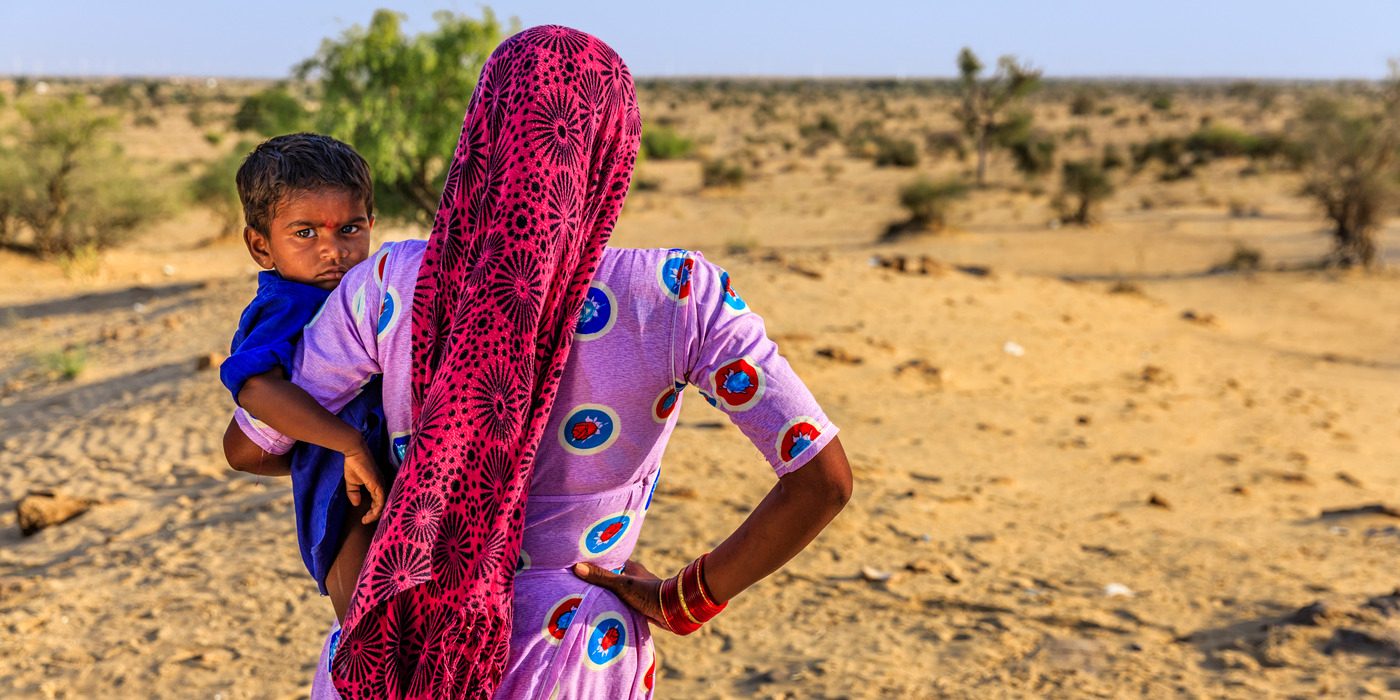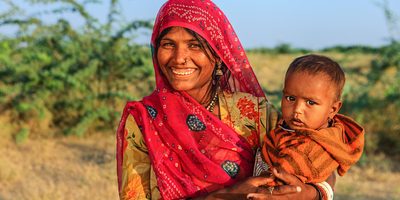
Understanding the effects of extreme heat in pregnancy, the HiP-India project
Background
The health effects of climate change are not gender neutral, and pregnant women are particularly vulnerable to the dangers posed by a warming planet. Countries with a tropical climate, such as India, are experiencing more frequent and severe heatwaves, threatening the health of mothers and their babies. Extreme heat exposure has been linked to a doubling in the risk of miscarriage, as well as a greater risk of other adverse birth outcomes, including restricted fetal growth, low birth weight, premature birth, and stillbirth.
Aim
Heat in Pregnancy – India (HiP-India) is a multi-disciplinary project designed to understand how extreme heat leads to adverse pregnancy outcomes. Its team consists of experts across institutions in the UK and India, who will use state-of-the-art climate, imaging, and laboratory diagnostics to assess how heat exposure affects maternal, placental, fetal and lactation function.
Research methodology
HiP-India involves the following activities:
- Monitoring heat exposure and physiological responses of 600 pregnant women across three different climate zones in India (Chhattisgarh, Haryana, and Puducherry).
- Identifying biomarkers and clinical factors associated with heat exposure and adverse outcomes using the GARBH-Ini retrospective cohort, consisting of 10,000 mother-baby pairs.
- Analysing a large database of 110,000 fetal heart rate recordings to assess changes with heat exposure.
- Studying how heat affects the quality and quantity of breast milk production, and possible effects on newborn development.
Women’s lived experiences will also be documented to identify patterns in behavioural and adaptive measures in response to extreme heat exposure. As the project progresses, HiP-India will bring together policymakers, researchers, clinicians, and people living in high temperatures to co-develop practical policies and solutions that will protect women and their babies from the effects of extreme heat.




